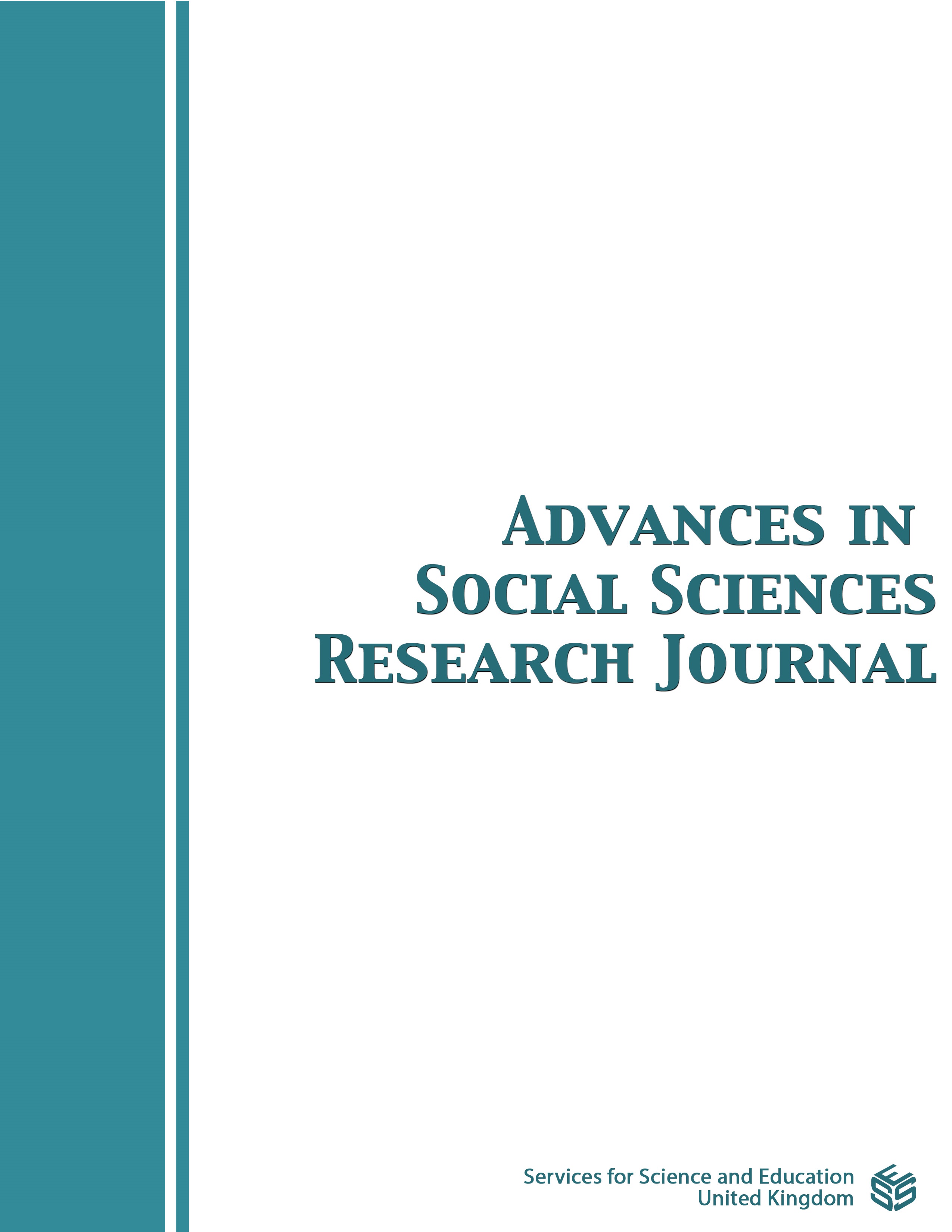Consumer Acceptance in Emerging Towards Using E-Grocery Shopping: A Systematic Literature Review
DOI:
https://doi.org/10.14738/assrj.112.2.16432Keywords:
Consumer acceptance, behavioral intention, online grocery, e-grocery, emerging economiesAbstract
Online grocery shopping plays an essential part in today’s online market as it is the most rapidly evolving online shopping category. The main purpose of this paper is to review the increasing number of studies on online grocery adoption in this area. Online groceries are used extensively throughout the world, but they are still relatively new in developing nations like Malaysia. Researchers have studied the use of online groceries extensively, but some factors influence their adoption. We retrieved scholarly articles on online grocery adoption published from 2015-2023 through the Scopus and Web of Science (WoS) database. After the screening process, some papers were excluded due to unmatched criteria. Therefore, 61 previous papers were reviewed concerning the adapted theories, methodology, and findings. Therefore, to close the gap, this study's goal is to give an in-depth review of the factors that influence consumers to adopt online grocery shopping through the Technology Acceptance Model (TAM) as a baseline model. This suggests in the future, e-grocery could be an important market for rapid commerce online shopping services. This paper is built upon a systematic literature review method. The significant result of this research will help online grocery service providers plan and increase customer intention to use their products to develop relevant strategies.
Downloads
Published
How to Cite
Issue
Section
License
Copyright (c) 2024 Noor Reenshafirra Rosli, Zahariah Sahudin, Lennora Putit

This work is licensed under a Creative Commons Attribution 4.0 International License.
Authors wishing to include figures, tables, or text passages that have already been published elsewhere are required to obtain permission from the copyright owner(s) for both the print and online format and to include evidence that such permission has been granted when submitting their papers. Any material received without such evidence will be assumed to originate from the authors.






